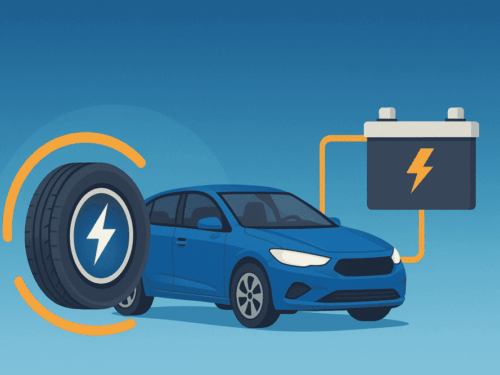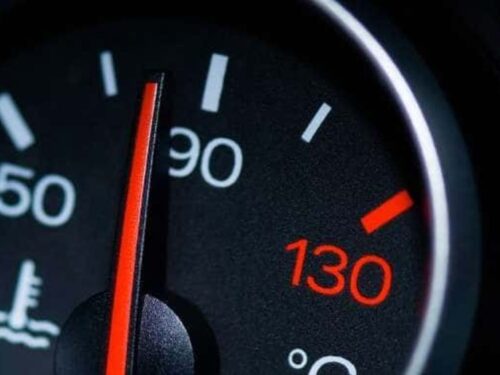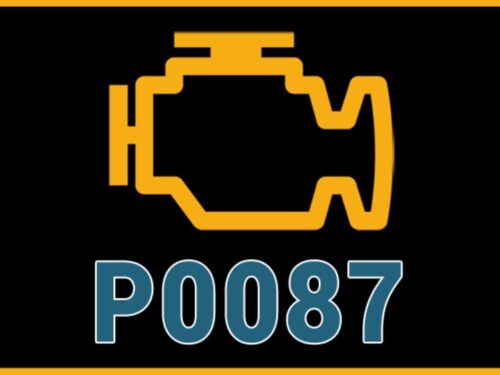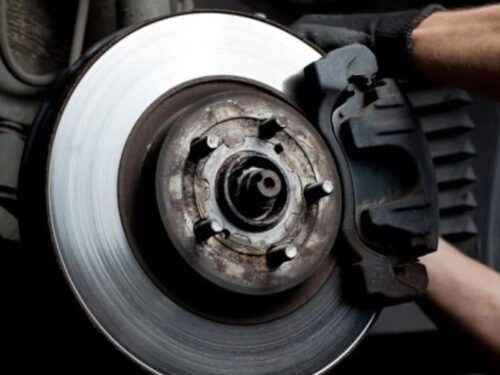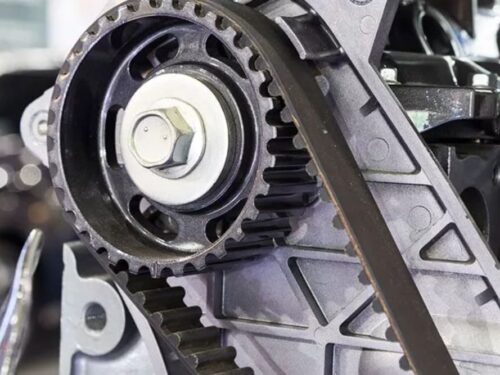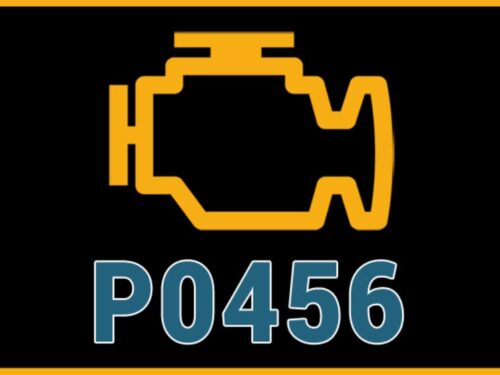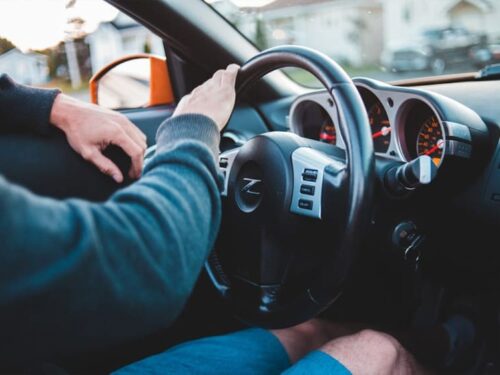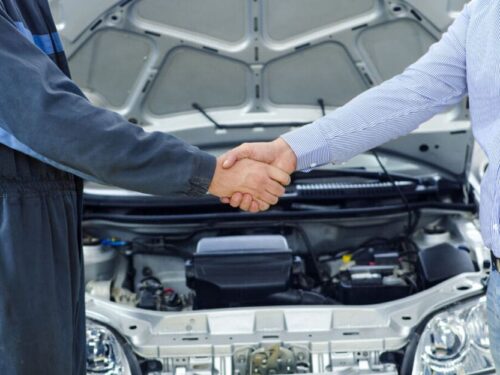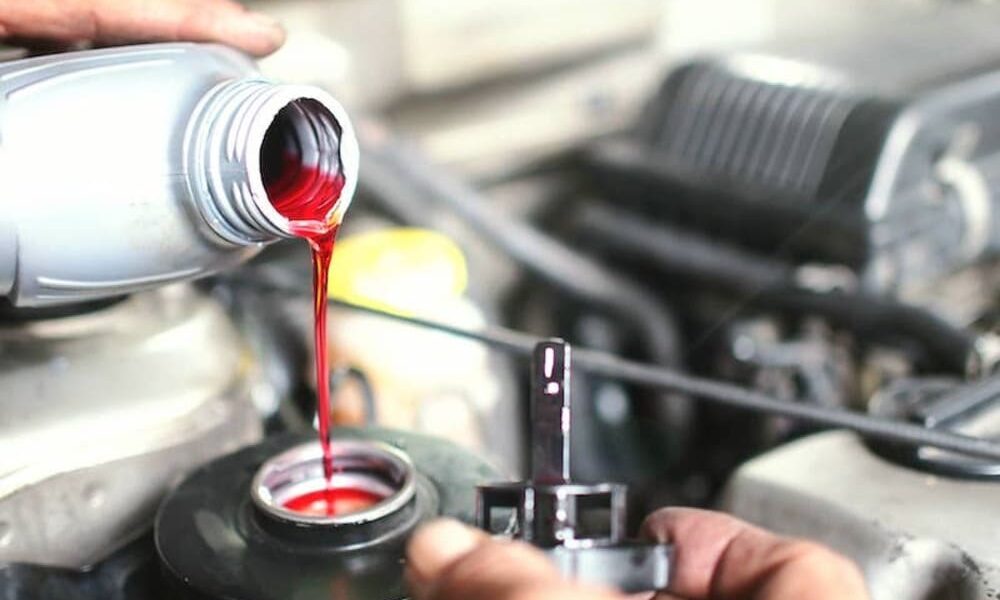
Question: I recently had my oil changed at a quick lube and was told I needed a brake fluid flush. I’ve never heard of that before. Is that legitimate car maintenance? Why would I need to change the brake fluid?
Answer: Yes, flushing or changing the brake fluid is legitimate preventive maintenance for your car. We typically recommend a brake fluid flush when we’re already changing brake calipers, pads or rotors. It’s necessary to remove dirty fluid from the brake lines, especially on vehicles with anti-lock brakes (ABS) and traction control.
Here’s why you should flush your brake fluid:
Reason #1: Brake fluid is “hygroscopic,” which means it actively attracts moisture from the air.
This is often touted as the main reason to change your brake fluid. Because many parts of your braking system are made of metal, flushing the brake fluid can prevent corrosion and failure of those metal components.
Reason #2: As brake fluid ages and becomes contaminated with small particles, the boiling point of the fluid goes down.
This reduces your braking performance, which you might not notice for awhile, but every inch counts when it comes to braking. In extreme cases, it can lead to the brakes not working at all.
Reason #3: As your ABS and traction control systems activate, they generate heat, which further breaks down the fluid.
Although ABS and traction control are important safety systems that rely on clean brake fluid, the heat they generate shortens the life of your brake fluid.
Reason #4: Anti-lock braking (ABS) and traction control components are sensitive to moisture and small particulates from contaminated fluid.
We recommend flushing the brake fluid before it has a chance to ruin these expensive brake parts. An ABS module, for example, is what activates the ABS and pulses the brakes to help you stop straight. This critical component typically costs several hundred dollars.
When Will I Need a Brake Fluid Flush?
As with many things car care related, there is no hard, fast rule for when brake fluid will need to be changed. If you do a lot of stop-and-go driving or if you do a lot of sudden braking, your brake fluid (and brake pads) will likely not last as long as someone who does more highway driving.
Courtesy of autolablibertyville

